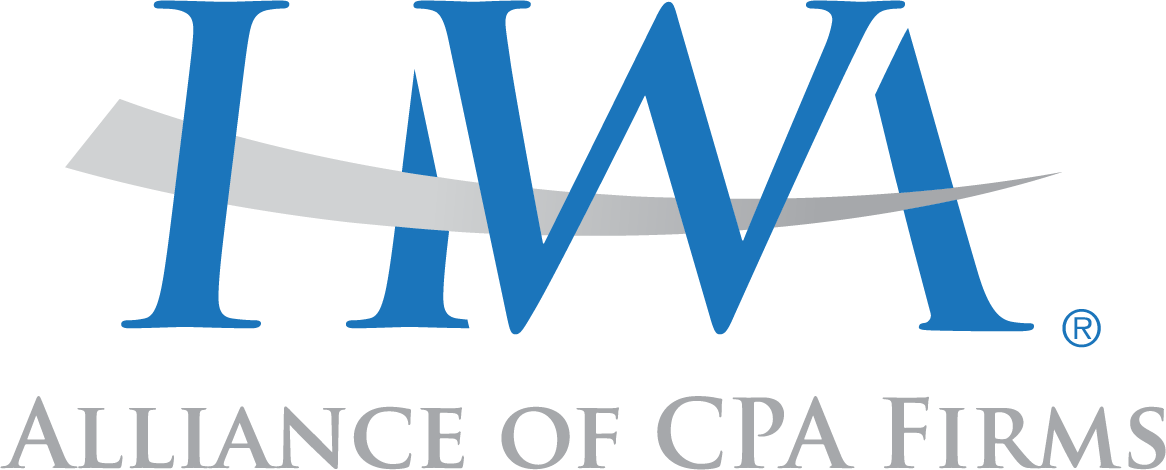Risks of Inaccurate Financial Reporting: Causes and Prevention

Photo from Canva
Accurate financial reporting
is crucial for the health and stability of every business. It ensures that
stakeholders, including investors, creditors, and regulatory bodies, have a
clear and truthful view of a company’s financial health. Inaccurate financial
reporting can lead to severe consequences, ranging from financial losses to
legal penalties and reputational damage. In this article, learn more about the
critical risks posed by inaccurate financial reporting, common causes behind
such discrepancies, and essential preventive measures.
Risks of Inaccurate Financial
Reporting
1. Financial Losses
Inaccurate financial reporting
can lead to misguided business decisions, resulting in financial losses.
Misreported revenues, expenses, or assets can distort a company’s financial
position, leading to overspending, underinvestment, or misallocation of
resources.
2. Legal and Regulatory
Consequences
Regulatory bodies such as the
Securities and Exchange Commission (SEC) have stringent requirements for
financial reporting. Inaccuracies can result in fines, sanctions, or legal
action. Companies may face lawsuits from shareholders or other stakeholders who
suffer losses due to erroneous financial statements.
3. Reputational Damage
Trust is a backbone of any
business. Financial inaccuracies can severely damage a company’s reputation,
eroding stakeholder confidence and leads to loss of business opportunities.
Reputational damage can have long-lasting effects that may take years to
repair.
4. Operational Disruptions
Correcting inaccuracies in
financial reports often requires significant time and resources. This can
disrupt normal business operations, divert management attention, and incur
additional costs, further impacting the company’s performance.
Common Causes of Financial Reporting Inaccuracies
1. Human Error
Simple mistakes in data entry,
calculation errors, or misunderstanding of accounting principles can lead to
inaccuracies. Human errors are often unintentional but can have significant
impacts if not identified and corrected promptly.
2. Fraudulent Activities
Intentional manipulation of
financial data to present a more favorable view of a company’s financial
position is a serious cause of inaccurate reporting. Fraud can be perpetrated
by employees, management, or even external parties such as auditors.
3. Inadequate Internal
Controls
Weak internal controls and
oversight can allow errors and fraud to go undetected. Without robust processes
for review and reconciliation, inaccuracies can easily slip through.
4. Complexity of Financial
Transactions
Complex financial
transactions, such as derivatives, mergers and acquisitions, and foreign
currency exchanges, can be challenging to report accurately. The complexity
increases the risk of errors and misinterpretations.
5. Technological Issues
Reliance on outdated or
inadequate financial software can result in data processing errors. System
failures, software bugs, or integration issues with other systems can
compromise the accuracy of financial data.
Ways to Prevent Financial
Reporting Errors
1. Strengthen Internal
Controls
Implementing robust internal controls
is essential. This includes regular reconciliations, segregation of duties, and
approval hierarchies. Internal audits and checks can help identify and correct
errors early.
2. Employee Training
Regular training programs for
employees on accounting principles, regulatory requirements, and the use of
financial software can reduce the incidence of errors. Educating employees on
the importance of accurate reporting and the consequences of inaccuracies is
also crucial.
3. Utilize Advanced Technology
Investing in reliable and
advanced financial software can enhance accuracy. Automation of routine tasks
reduces the risk of human error, and real-time data processing ensures
up-to-date financial information.
4. Conduct Regular Audits
External and internal audits
play a vital role in verifying the accuracy of financial statements. Regular
audits can identify discrepancies, assess the effectiveness of internal
controls, and provide recommendations for improvement.
5. Build a Culture of
Transparency and Accountability
Fostering a corporate culture
that values transparency and accountability can deter fraudulent activities.
Encouraging ethical behavior and providing channels for whistleblowers to
report suspicious activities without fear of retaliation can enhance the
integrity of financial reporting.
6. Stay Updated with
Regulatory Changes
Financial regulations are
constantly evolving. Keeping abreast of changes in accounting standards and
regulatory requirements ensures that financial reporting practices remain
compliant. Engaging with professional bodies and attending industry conferences
can help in staying informed.
Conclusion
Inaccurate financial reporting
poses significant risks to businesses, including financial losses, legal
consequences, reputational damage, and operational disruptions. By
understanding the common causes of inaccuracies and implementing effective
prevention strategies, companies can safeguard their financial integrity.
Strengthening internal controls, training employees, leveraging technology,
conducting regular audits, fostering a culture of transparency, and staying
updated with regulatory changes are key measures to ensure accurate and
reliable financial reporting.
Don’t wait for inaccuracies to
impact your business. Partner with HWA Alliance of CPA Firms, Inc.
to ensure your financial reporting is accurate, compliant, and reliable.
At HWA Alliance of CPA Firms, Inc., we understand the critical importance of accurate financial reporting for the health and stability of your business. The risks associated with financial inaccuracies are too significant to ignore—ranging from financial losses and legal consequences to reputational damage and operational disruptions. It’s time to take proactive steps to safeguard your company’s financial integrity.

